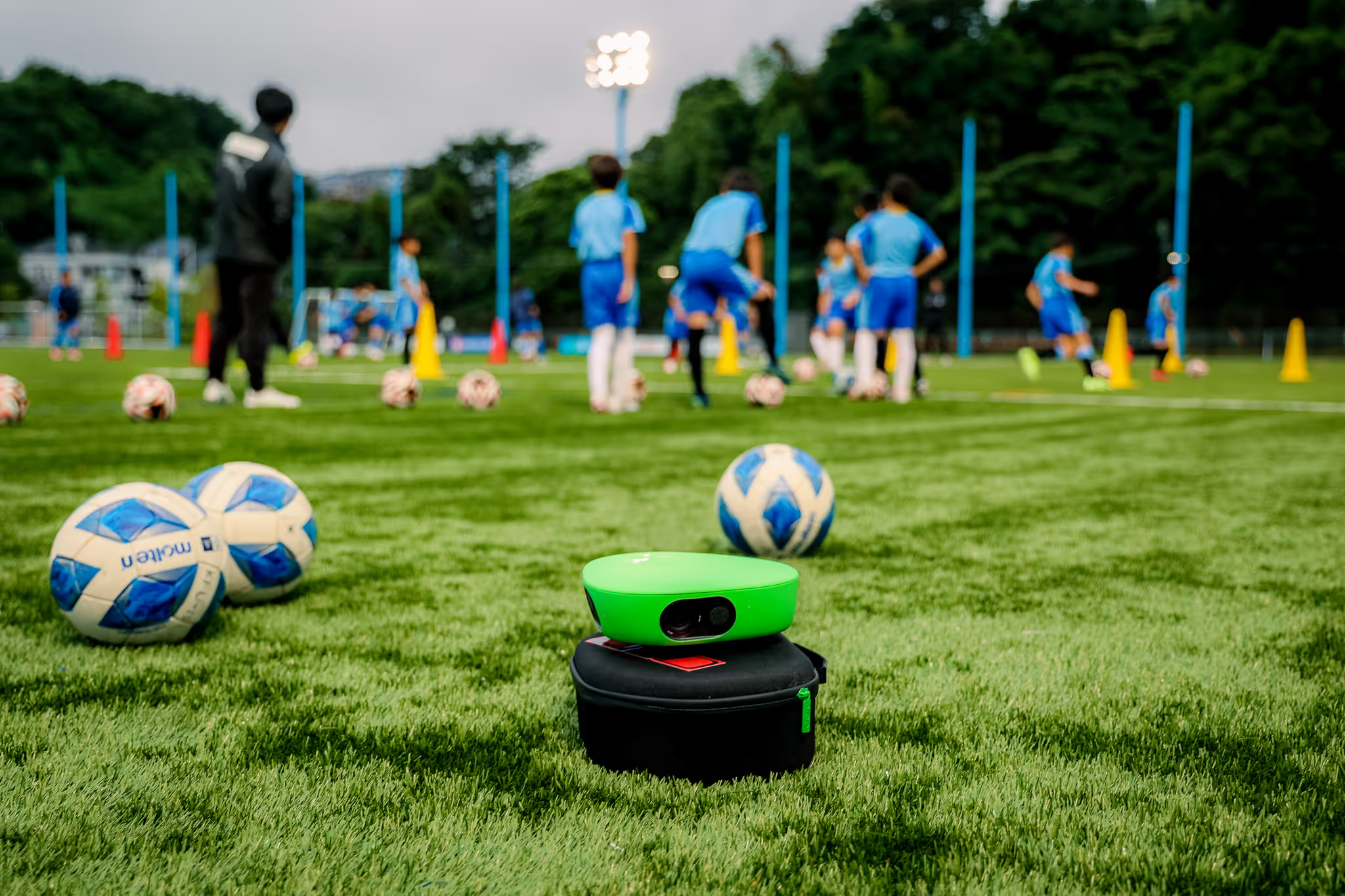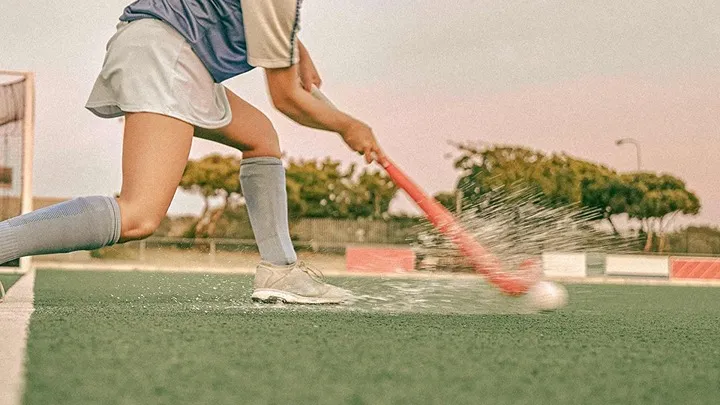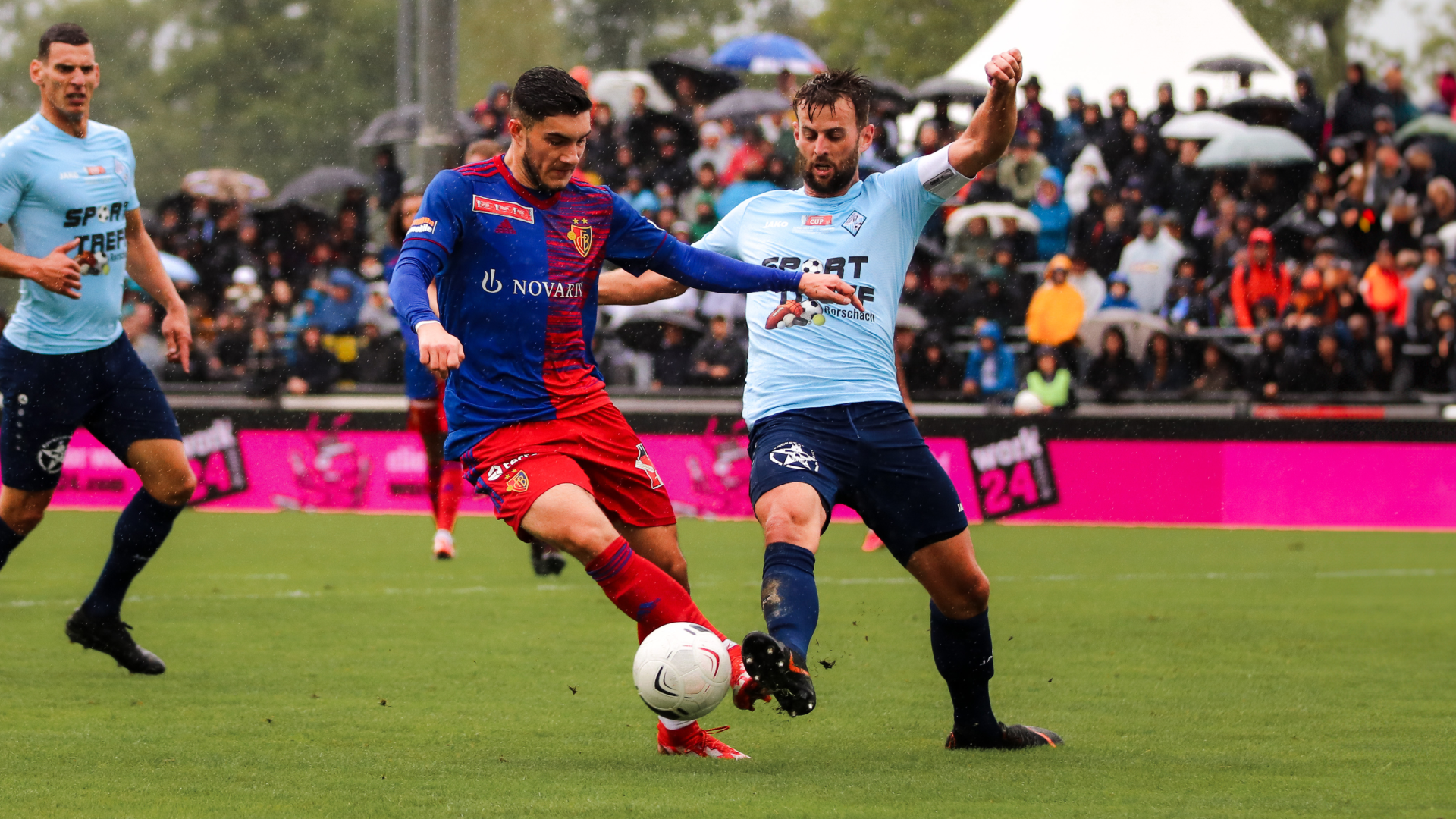Rugby’s Journey to Brookline High School: The Vision, Challenges, and Impact of a Growing Program
Frederik Hvillum

In an American sports culture dominated by football, basketball, and baseball, Brookline High School stands as a unique symbol of how rugby, a lesser-known sport in the U.S., has taken root in a passionate local community.
At the heart of it all is Jarrod Dyke, head coach of Brookline’s boys rugby, and his determined efforts to grow the sport among high school students.
A vision from across the pond
The roots of rugby at Brookline High School trace back to the 1980s when Iain Ryrie—an English expatriate—introduced the game to the community. As a passionate rugby player, he saw an opportunity to share the sport he loved with a new generation in the US. At a time when rugby was virtually unknown in American high schools, his efforts to establish a team at Brookline were trailblazing.
“He loved rugby,” Coach Dyke recalls, reflecting on Iain’s legacy. “He just wanted to share it with everyone here.” Iain’s passion left a lasting impact, with the school’s Coach’s Award now named in his honor, a testament to his influence on the high school and the community.
The early days of the rugby club were far from conventional. The team frequently played against college B and C sides, as high school opponents were hard to find. This non-traditional introduction to the sport forged a rugged spirit in Brookline’s players, a trait that continues today.
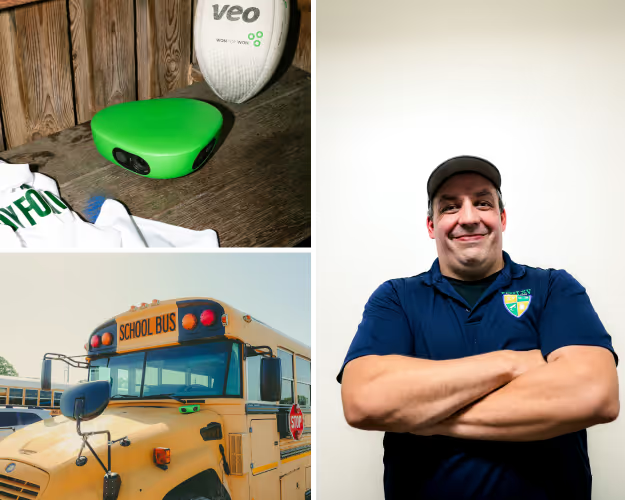
The power of video in rugby coaching
Fast forward to the present, and Jarrod Dyke—a second rower and number 8 in his own playing career—now leads the rugby boys teams at Brookline High School. Despite rugby’s limited presence in American high schools, Dyke’s commitment to the sport has been unwavering since he took on the role of head coach nine years ago.
“The great thing about Massachusetts is the state's athletic commission has sanctioned rugby. So more and more schools are getting it every day. I only wish there were more schools getting girls rugby, but that's slowly starting to happen,” Dyke explains.
Brookline High School only has a short spring rugby season, which leaves Dyke with just a few months to introduce new players to the game, teach them the basics, and prepare them for competition. For some of the students, rugby is a completely foreign concept. Many come from playing more traditional sports, like American football, basketball, or soccer, and have to adjust to the fast-paced, physically demanding, and strategic nature of rugby.
Rugby is not like other sports. You can’t pass forward; you’ve got to learn how to tackle safely, how to handle the ball properly. It’s a lot to learn, and with a short season, time isn’t a luxury for a high school rugby coach.
That’s why video technology has become one of the most valuable tools in Dyke’s coaching arsenal. With limited time to teach the fundamentals, Dyke relies heavily on video analysis to accelerate the learning process. The rugby team currently uses a Veo camera, which automatically records games and practices, allowing Dyke and his players to review their performances in detail:
“With the stuff that we've been able to look at via camera, it's just umpteen times helpful for us to understand our shape and attack: ‘What does our defense look like?’ or ‘We got burned on the last play. Try another one.’”
The players also appreciate having access to video analysis. They can study the footage on their own time, learn from their mistakes, and better understand the flow of the game—which is necessary when time is limited in a sport like rugby, where understanding positioning and spatial awareness is crucial.
Building a program and a community
Dyke’s mission extends beyond the rugby field. As a key person in Brookline’s rugby program, he is deeply invested in the personal development of his players. The program’s goal is to prepare students not just for high school competition, but for opportunities to play rugby at the collegiate level and beyond. For some students, this is their first exposure to rugby, but Dyke hopes it won’t be their last.
“It doesn't matter if it's a boy or a girl; We want the players to go to the next program, whether they go to college, another club, or a senior team, and know the stuff that these teams are talking about because they're going to be very switched on: ‘Oh, I know that formation,’ ‘I know how to run that line,’ or ‘I know how to run that play, I've done it before,’ and teach small skill sets that most people don't have walking into senior college level,” he says.
But rugby at Brookline High School is about more than just building players. The school itself is known for its open and progressive values, and the rugby program is no different. Dyke emphasizes the importance of creating a welcoming environment for all students, regardless of their background.
“We’re not just teaching rugby, we’re teaching these kids how to be good people. We talk about things like respect, inclusivity, and standing up for others.”
Dyke’s no-nonsense approach to character development is rooted in his coaching philosophy, which he sums up with a borrowed phrase from New Zealand’s legendary All Blacks rugby team: “No ***heads.” It’s a simple but powerful reminder to his players that respect for one another is paramount and creates strong internal accountability. Coach Dyke explains:
“Every one of these kids is going to teach the other ones what’s the right thing to do, whether you're talking about racism, misogyny, or homophobia. Whatever it is, every one of these kids will stand up to these guys and for each other.”
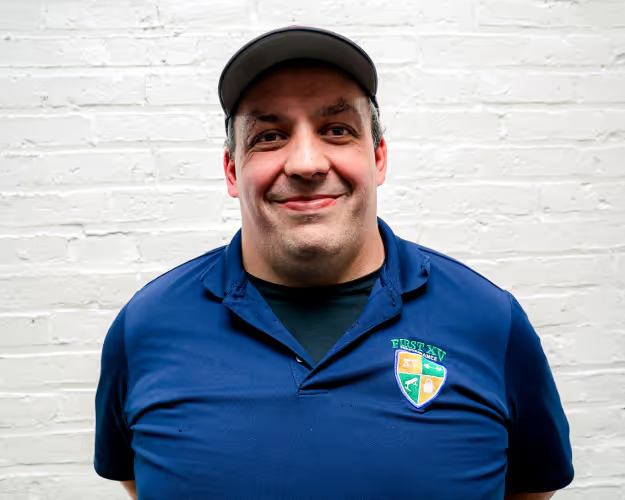
Looking to the future with video
Brookline’s rugby program has come a long way, but Dyke is not content to rest on his laurels. His vision for the future includes expanding the program, continuing to develop his players, and securing additional resources to improve the team’s performance.
One of Dyke’s biggest wishes is to acquire a second Veo camera. He believes that having multiple angles of the game would greatly enhance his ability to teach, especially when it comes to analyzing the intricacies of positioning and strategy. With that being said, Jarrod Dyke’s sentiment about their Veo Cam is clear:
“I'm extremely happy with Veo. I don't need to give the players trackers. I can just pop it up, and it's really easy to set up. A colleague of mine had his own system, and I asked myself, ‘Why didn't we get this system?’ When the opportunity then presented itself I tried to remember the name of the system, and I went back and looked. I looked at other camera systems because I'm not stupid, but at the same time, I knew this was it. And it's been awesome.”
Rugby’s growing footprint in Brookline
Despite the challenges, Dyke remains optimistic about the future of rugby at Brookline High School. The sport may still be in its early stages in the US, but with passionate coaches like Dyke leading the way, the future looks bright.
Brookline High School’s rugby program is a testament to the growing interest in the sport in the U.S. What began as a pioneering effort in the 1980s has blossomed into a thriving program that not only teaches the fundamentals of rugby but also instills values of inclusivity and respect in its players.
As Dyke and his players look toward the future, one thing is clear: rugby has found a home at Brookline High School, and it’s here to stay. With the help of modern technology, a committed coach, and a supportive community, the sport continues to grow, bringing with it new opportunities for students both on and off the field.

.jpg)
